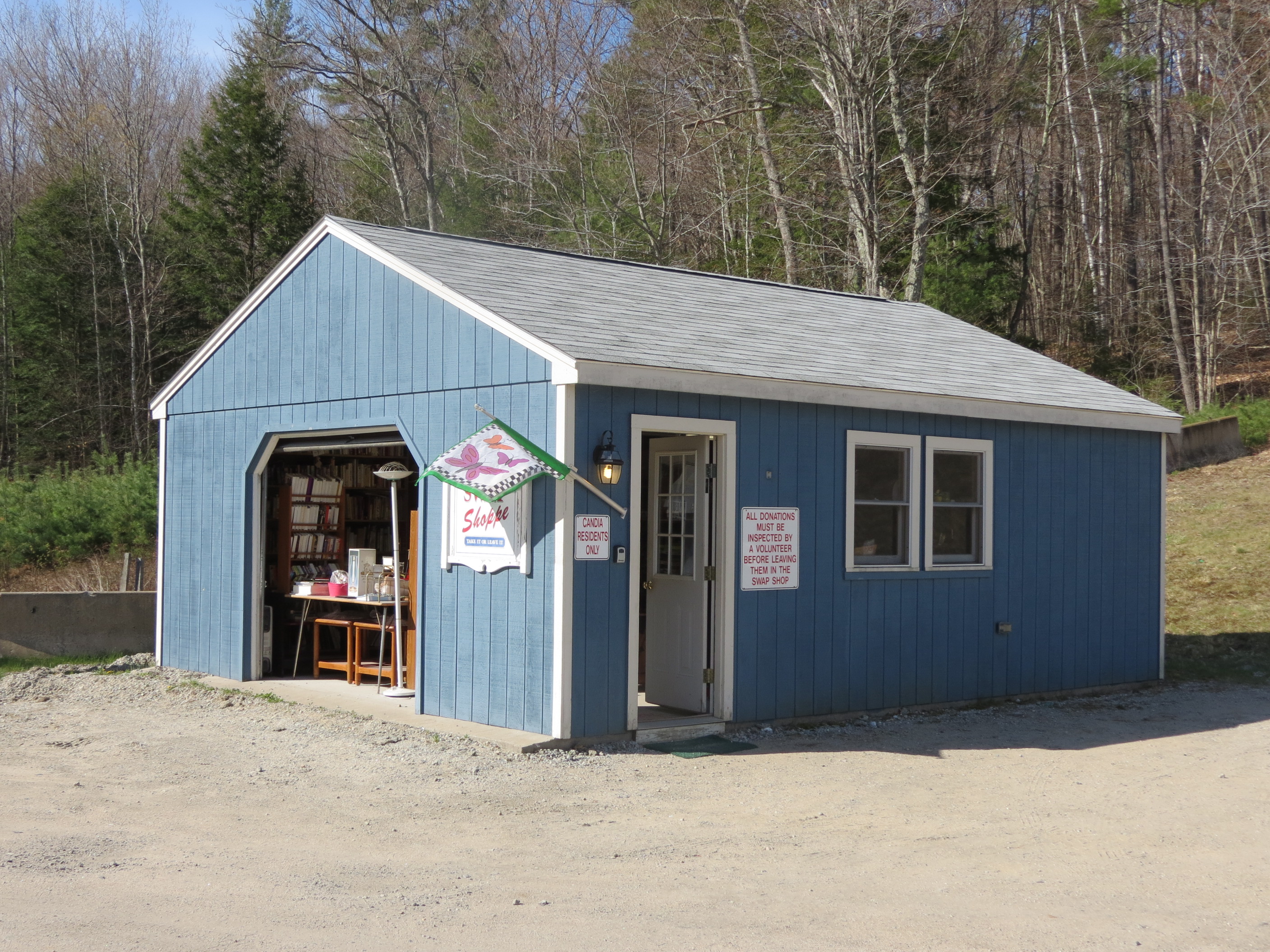Spring Opening for Swap Shops?
Spring is here and 45 NRRA members gathered virtually on April 15th as part of the Members Operations Marketing (MOM) meeting to talk about reopening Swap Shops at recycling centers during the COVID-19 pandemic. David Witham, Director of Risk Management at Primex, was NRRA’s guest speaker. Primex is the public entity risk pool for NH’s Public Sector, which includes recycling facilities. Their largest area of coverage includes worker’s compensation. Property and liability (slips and falls) are the most common suit. There have been over 1000 claims associated with COVID-19 in the last year. Primex relies on guidance from COVID-19 experts to shape their policies, including the Centers for Disease Control (CDC), Occupational Safety and Health Administration (OSHA), State of NH, and NH Public Health/NH Homeland Security.
David assured members that reoccupying workspaces and increasing occupancy will happen gradually. Most recycling programs continued through 2020 and NH is slowly opening programs and services to the public. Members should update signs, websites, and social media with current recycling facility policies to meet public needs and expectations. He reminded us that we are still in a pandemic. Concerning the risk of Swap Shops as perceived by communities, David has not known of a suit to a town caused by an item from a Swap Shop in 32 years. He noted that posted waivers of liability have little value because they need to be well-crafted and specific to a tool or an item.
NRRA has received questions specifically about when and how to reopen Swap Shops. David advised recycling staff to coordinate their efforts with their local emergency managers, elected officials, local business leaders (other thrift stores), and the State of NH Public Health. Tara Albert from NHDES advised that this is a good time to update recycling facility operating plans and include specific rules that cover Swap Shops. Staff can refer to their operating plan and not get involved in an argument with residents regarding rules.
David agreed that textiles can be safely swapped, but in the end, the guidance should come from local policies and be a local decision. Since Swap Shop items are free, there is less liability than if items were sold. Volunteers should be rostered and sign a volunteer agreement to show that they have been trained by staff on safety issues.
Lastly, David advised to keep sick employees home and “encourage a workplace culture that encourages proactive and socially responsible behavior.” Recycling facilities should continue to follow basic disease control measures, including wearing masks even after being vaccinated; maintain six feet of distance; discourage handshaking; and continue to use hand sanitizer. Engineering controls include installing plexiglass barriers, having drive-through options, and updating air exchange systems are also encouraged. David also encouraged continued good workspace practices, including routine surface cleaning, not sharing common phones, and developing meeting room policies.
